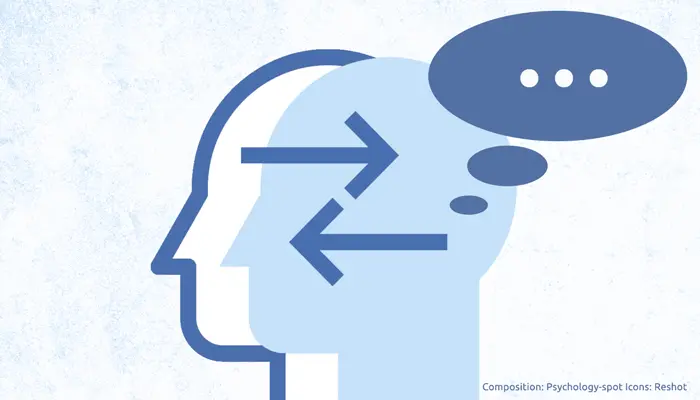
We all decide to turn a blind eye from time to time, which in Psychology is known as “deliberate ignorance.” We do this when we buy an unethical brand, ignore the impact of our habits on the environment so as not to have to change our lifestyle, or when we do not take into account the consequences of our choices on those around us. Nobody is blameless.
Looking the other way allows us to avoid some issue – generally conflictive and/or important – so as not to see ourselves too involved. But why exactly do we do it?
The real reason we decided to turn a blind eye
To explore both the nature of deliberate ignorance and its impact on our decisions and behaviors, a team of psychologists at the University of Amsterdam scrutinized the results of 22 studies involving more than 6,500 people.
In these investigations, participants were exposed to different situations:
• They had to make a decision that had consequences, both for themselves and for someone else
• They were experiencing a conflict in which their interests were misaligned with those of another person
• They had to choose whether or not they wanted to know the impact of their actions
These psychologists noticed a pattern: 39.8% of participants chose to deliberately ignore the consequences of their decisions (such as when they had to choose how much money to keep and how much to distribute to others), avoiding details about the impact their action would have on the others.
People who chose deliberate ignorance made 15.6% more selfish decisions, compared to those who wanted to know in advance the consequences of their decisions, in which case altruistic decisions increased by 6.9%.
Therefore, the researchers concluded that we decide to look the other way when we want to justify our most selfish decisions, acting in self-interest. In fact, between 20 and 40% of participants even stated that they would be willing to pay to not know the negative consequences their decisions would have on others.
The psychological mechanism underlying deliberate ignorance
In practice, people chose ignorance to use it as an excuse to legitimize selfish behavior. We prefer not to know since this way we can use that “not knowing” as a justification and hide behind it if something goes wrong.
This explanation is reinforced by the fairly widespread belief that a selfish decision made with full knowledge of the facts is more morally questionable than one made without knowing its consequences.
However, why do we need a justification for our decisions?
These psychologists explain that, deep down, “People with more selfish motivations deliberately avoid information because they are concerned about their own image.” In fact, in experiments in which self-image was protected, the effect of deliberate ignorance decreased by 13%.
Consequently, we not only choose to turn a blind eye to justify our behaviors to others, but also to preserve the image we have of ourselves. Ignorance is a justification that works in a two-way direction: external and internal. This way we avoid falling into a state of cognitive dissonance that forces us to rethink who we really are and what values we apply in practice.
How to escape this trap?
Since deliberate ignorance is a mechanism to protect our self-image when we want to make a decision that benefits us and can affect others, the way to escape this psychological trap is to activate empathy.
These psychologists found that overly rigid moralistic frameworks and a strong emphasis on moral values and norms actually end up generating threats to self-image that lead to avoidance behaviors and lead us to turn a blind eye. In other words, resorting to our moral system is counterproductive.
Therefore, the key to encouraging more altruistic behaviors is to try to put ourselves in the shoes of others. It is not about asking what is morally correct but rather what could benefit everyone.
That emotional connection is usually enough – at least in most people – to banish the egocentric vision and help us reflect on the possible damage that our decisions could cause. Ultimately, ignorance is not a passive act but an active decision.
Source:
Vu, L. et. Al. (2023) Ignorance by choice: A meta-analytic review of the underlying motives of willful ignorance and its consequences. Psychological Bulletin; 149(9-10): 611–635.




Leave a Reply